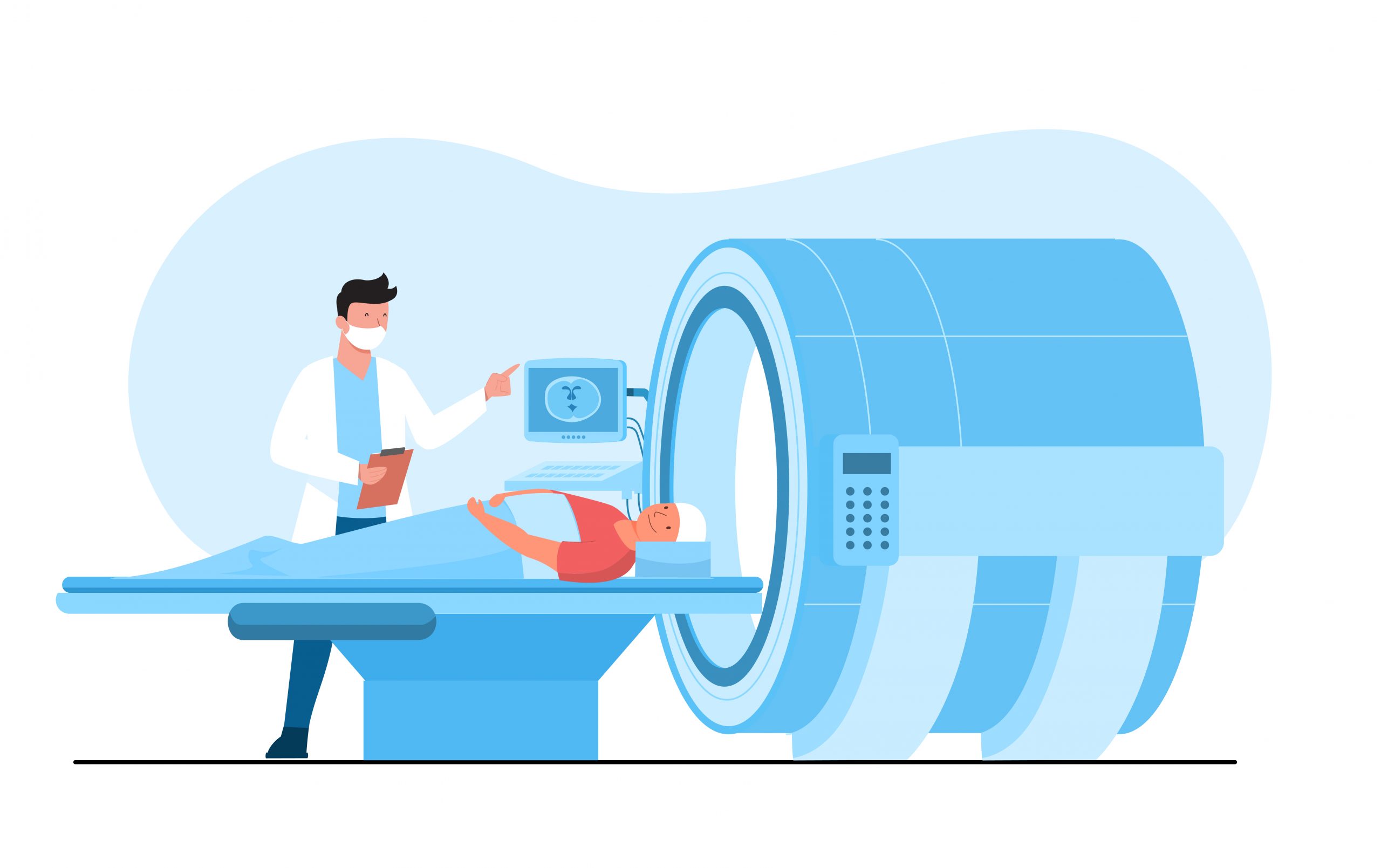
Exploring Radiation Therapy: Balancing Cancer Treatment and Long-Term Risks
Radiation therapy uses high-energy beams to destroy cancer cells. It is an effective treatment, but it also raises an important question: Can radiation therapy increase the risk of developing other cancers later in life? Understanding these risks is crucial for patients undergoing treatment and those planning their long-term health.
Potential Risks of Radiation Therapy:
Radiation therapy can cause several risks. These risks depend on factors such as the type of cancer being treated, the radiation dose, and individual health factors. The most common risks include:
- Secondary Cancers: Radiation can increase the chance of developing cancers such as leukemia, breast cancer, or thyroid cancer. This happens because radiation can damage healthy cells and DNA, which may lead to mutations over time.
online pharmacy buy rybelsus with best prices today in the USA
- Heart Disease: Radiation aimed at the chest can raise the risk of heart disease. It can damage the heart and blood vessels, potentially leading to coronary artery disease or heart failure years later.
- Lung Damage: Radiation that targets the chest area can also harm the lungs. Patients may face long-term effects such as lung fibrosis or a higher risk of pneumonia.
online pharmacy buy super kamagra with best prices today in the USA
- Skin Damage: Radiation may cause skin sensitivity. This can result in redness, irritation, or permanent changes, making the skin more vulnerable to environmental factors.
How to Reduce the Risk of Secondary Cancers:
You can take steps to lower the risk of developing secondary cancers after radiation therapy. These include:
- Regular Checkups: Regular visits to your doctor help monitor your health and detect any early signs of cancer. Tests like mammograms or colonoscopies are important for early detection.
- Healthy Lifestyle Choices: Eating a balanced diet, staying active, and avoiding smoking can improve your overall health. These habits help your body repair the damage caused by radiation.
- Medications: Some medications can help lower the risk of secondary cancers after radiation. Certain drugs are being studied to repair the DNA damage caused by radiation exposure.
Genetics and Cancer Risk:
Genetic factors also influence how your body reacts to radiation. Some people have a genetic predisposition to higher risks of secondary cancers after radiation. Genetic testing can help identify these risks, allowing doctors to create personalized treatment plans and take preventive steps.
Conclusion:
Radiation therapy is a powerful tool in treating cancer, but it comes with potential long-term risks. While radiation can eliminate cancer cells, it can also lead to secondary cancers and other health issues. Talking to your healthcare provider about these risks is essential. Together, you can make informed decisions about treatment and the steps needed to reduce the risks associated with radiation therapy.
For More Information Click here


